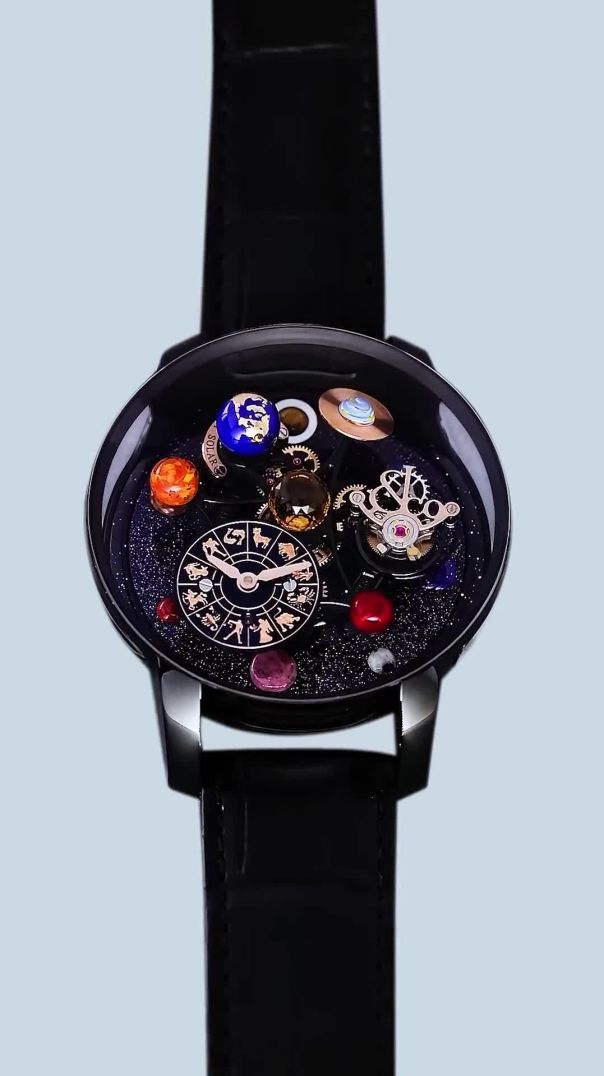In New Zealand, selecting a school for your child is often a decision guided by reputation. However, relying solely on a school's reputation may not always lead to the best educational outcome. As a tech enthusiast, you understand the importance of digging deeper into data and trends to make informed decisions. This article will explore why reputation should not be your only guide when choosing a school in New Zealand and how leveraging a data-driven approach can lead to better educational choices.
Understanding the New Zealand Education Landscape
New Zealand is renowned for its quality education system, consistently ranking high in global education indices. According to the OECD's Programme for International Student Assessment (PISA), New Zealand students perform well in reading, mathematics, and science. However, beneath these promising statistics, there are nuances that need to be considered.
New Zealand's education system is diverse, with schools varying significantly in terms of resources, teaching quality, and student outcomes. While many parents focus on a school's reputation, often represented by its decile rating, this can be misleading. A decile rating primarily indicates the socio-economic status of a school's student community, not its educational quality or teacher effectiveness.
Case Study: Beyond Decile Ratings
Consider the case of Wellington High School, a school that traditionally had a lower decile rating compared to its peers. Despite this, it has shown remarkable improvement in student outcomes by embracing innovative teaching methods and fostering a strong school community. The school introduced a tech-focused curriculum, incorporating digital tools and project-based learning to engage students better.
As a result, Wellington High School's students have excelled in national examinations, and the school has seen a 30% increase in university entrance rates over the past five years. This example highlights that a low decile rating does not necessarily equate to poor educational quality.
Industry Insight: The Role of Technology in Education
Technology is increasingly becoming a cornerstone of education in New Zealand. Schools that integrate technology effectively into their curricula can offer students unique learning opportunities that traditional methods may not provide. According to a report by NZTech, schools that adopted digital learning strategies saw a 20% improvement in student engagement and a 15% increase in academic performance.
This trend underscores the importance of looking beyond reputation to evaluate how schools are innovating in their teaching practices. Schools that leverage technology can provide students with essential skills needed for the future job market, particularly in tech-driven sectors.
Data-Driven Decision Making
When choosing a school, parents should adopt a data-driven approach to make informed choices. Start by examining the school's academic performance data, available through the New Zealand Ministry of Education's Education Counts website. Look for trends in NCEA results, university entrance rates, and student feedback.
Additionally, consider the school's extracurricular offerings, teacher-to-student ratios, and the availability of specialized programs. Speak to current students and parents to gain firsthand insights into the school's culture and environment.
Pros and Cons of Reputation-Based School Selection
#### ✅ **Pros:**
- Perceived Quality: Schools with strong reputations often have proven track records of academic success.
- Community Trust: A good reputation can indicate a supportive and engaged school community.
- Resources: Reputable schools may have better access to funding and facilities.
#### ❌ **Cons:**
- Overemphasis on Decile Rating: A school's reputation based on decile ratings can be misleading.
- Limited Innovation: Reputable schools may rely on traditional teaching methods, missing out on innovative practices.
- Exclusivity: Highly reputed schools may have competitive entry requirements, limiting access.
Common Myths & Mistakes
Let's debunk some common myths about school selection in New Zealand:
- Myth: "High decile schools guarantee better education." Reality: Decile ratings don't measure educational quality; they indicate the socio-economic background of students.
- Myth: "Reputation equals student success." Reality: Success depends on various factors, including teaching quality, student support, and extracurricular opportunities.
- Myth: "Technology is not necessary in education." Reality: Integrating technology enhances learning experiences and prepares students for future careers.
Conclusion: Making the Informed Choice
Choosing a school in New Zealand is a critical decision that requires more than just considering its reputation. By adopting a data-driven approach, evaluating technological integration, and understanding the broader educational landscape, parents can make informed choices that align with their child's needs and future aspirations.
What are your thoughts on the importance of technology in education? Share your insights in the comments below!
People Also Ask (FAQ)
- How does a school's reputation impact education in New Zealand? While reputation can indicate past success, it doesn't always reflect current teaching quality or innovation. Evaluating other factors is essential for a comprehensive choice.
- What are the biggest misconceptions about school selection? Many believe high decile ratings guarantee quality, but these ratings reflect socio-economic status, not educational effectiveness.
- How can parents make informed choices about schools? Use data from the Ministry of Education, consider technological offerings, and seek feedback from current students and parents.
Related Search Queries
- Decile ratings in New Zealand schools
- Technology integration in NZ education
- How to choose a school in New Zealand
- School reputation vs. performance
- Innovative teaching methods in NZ






























